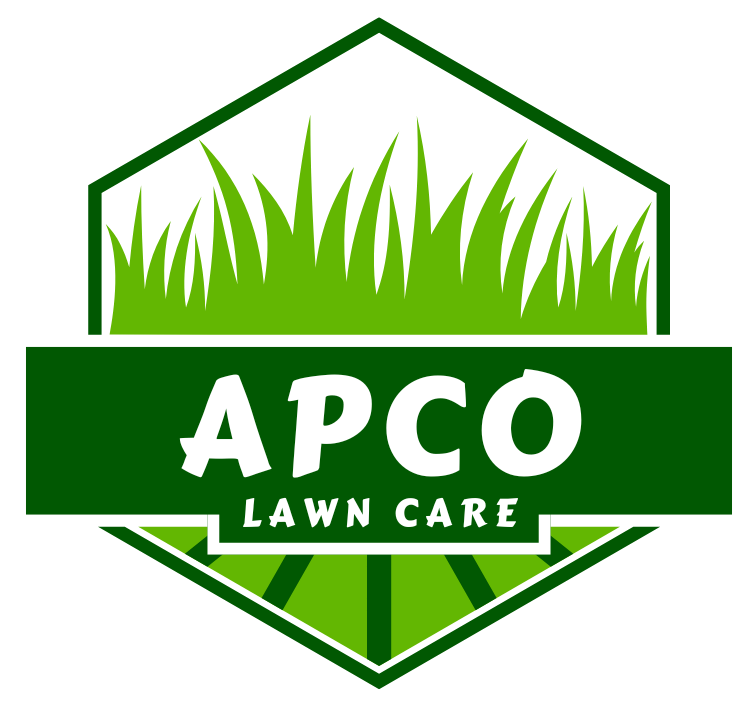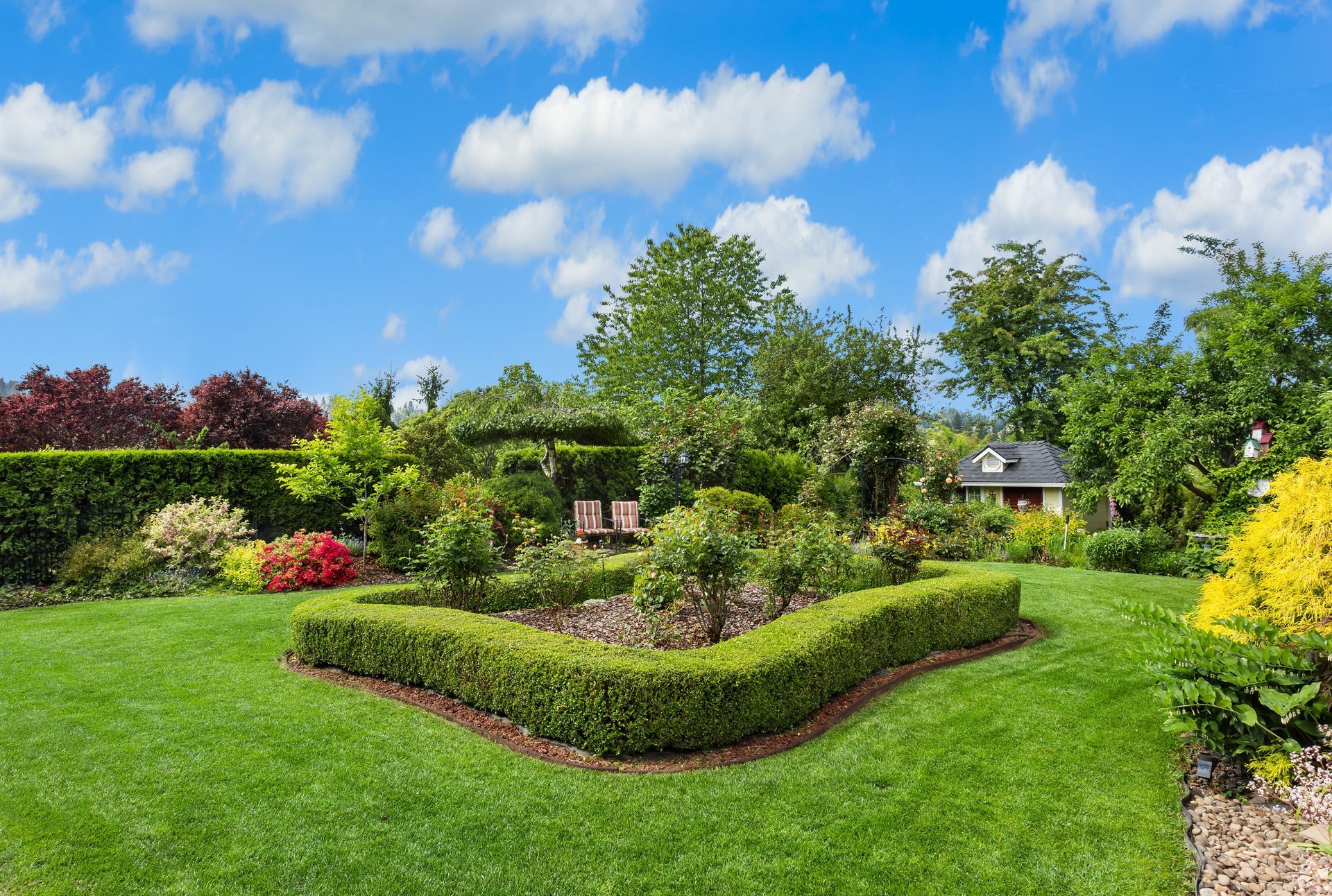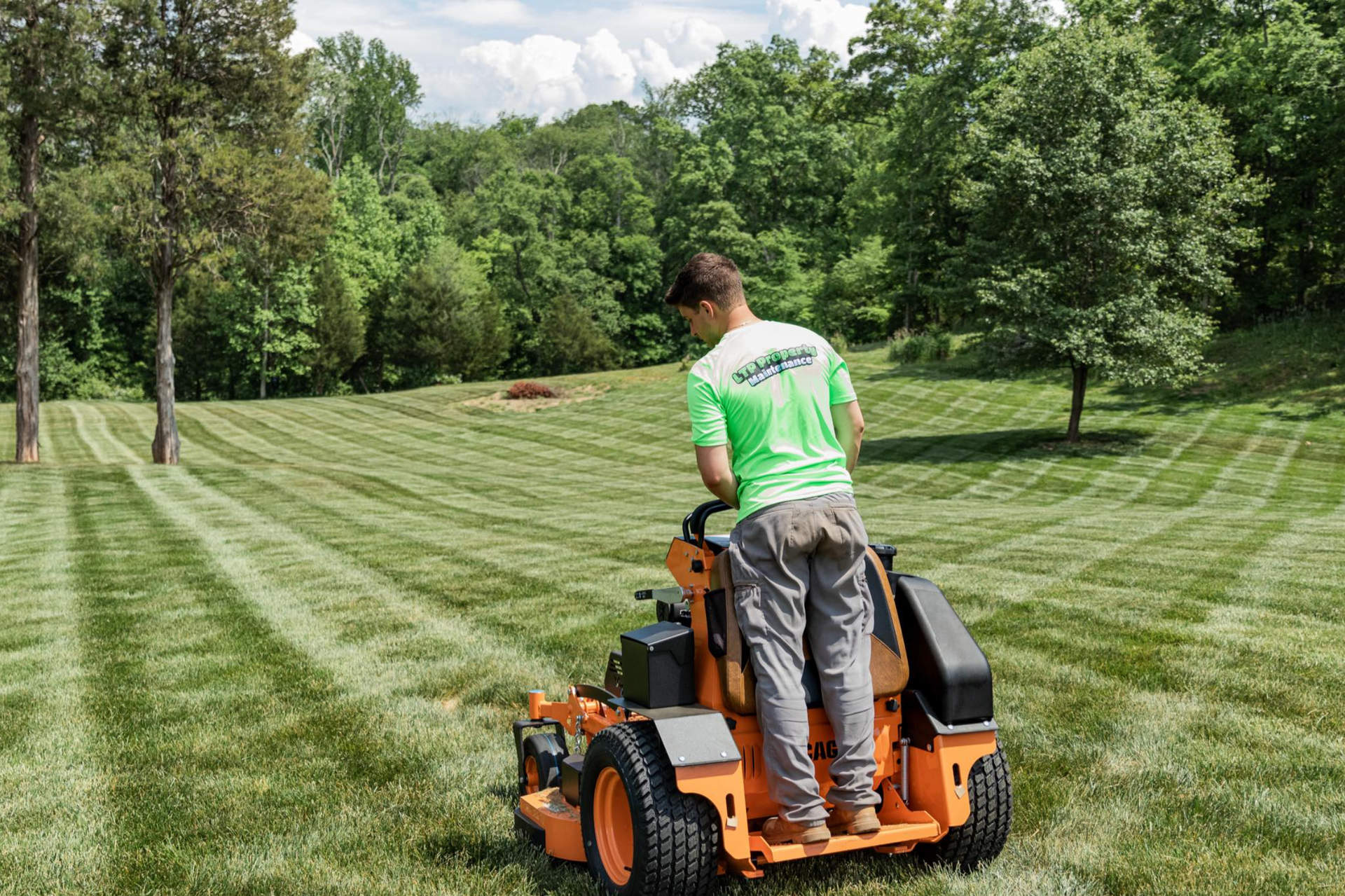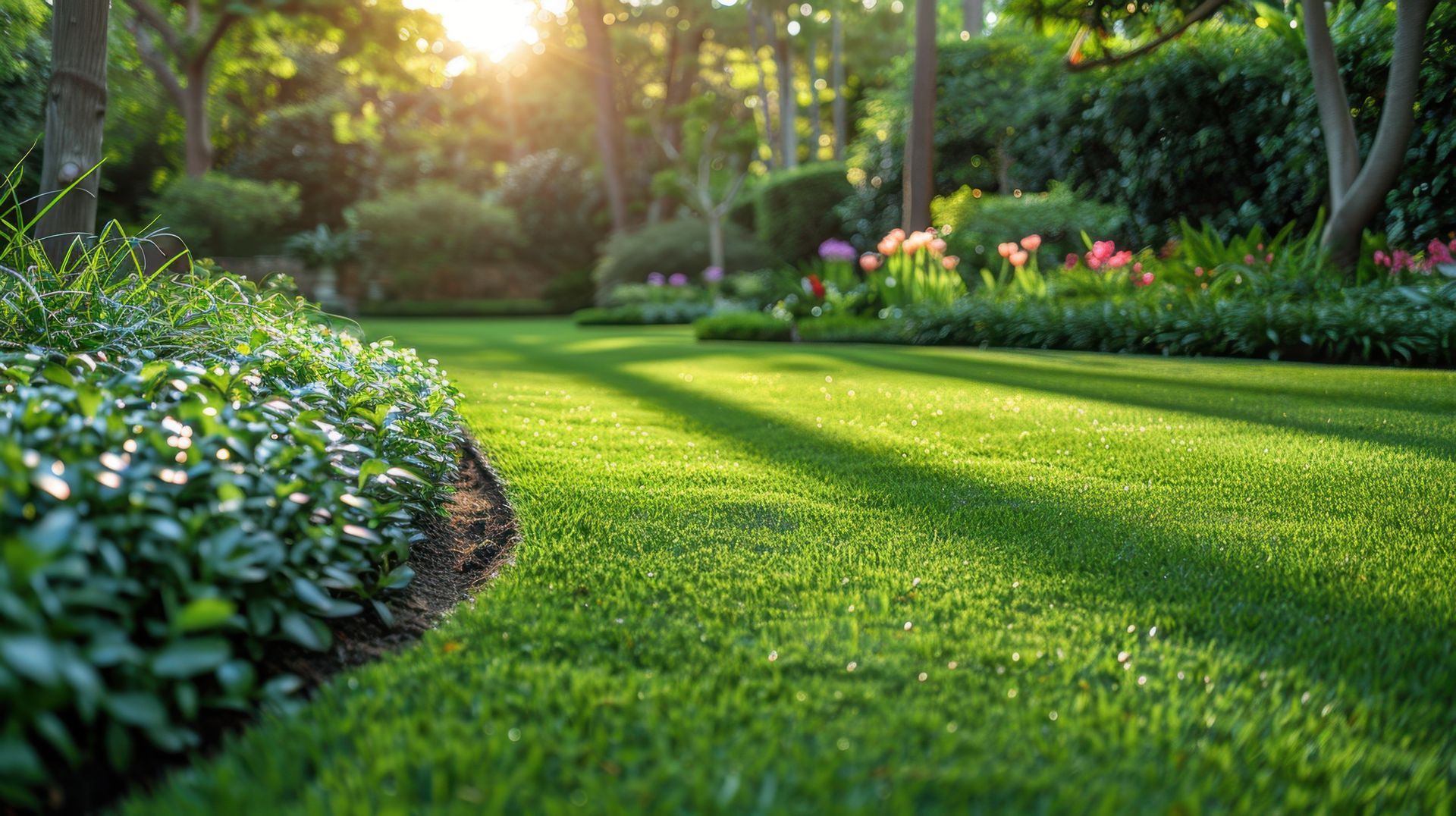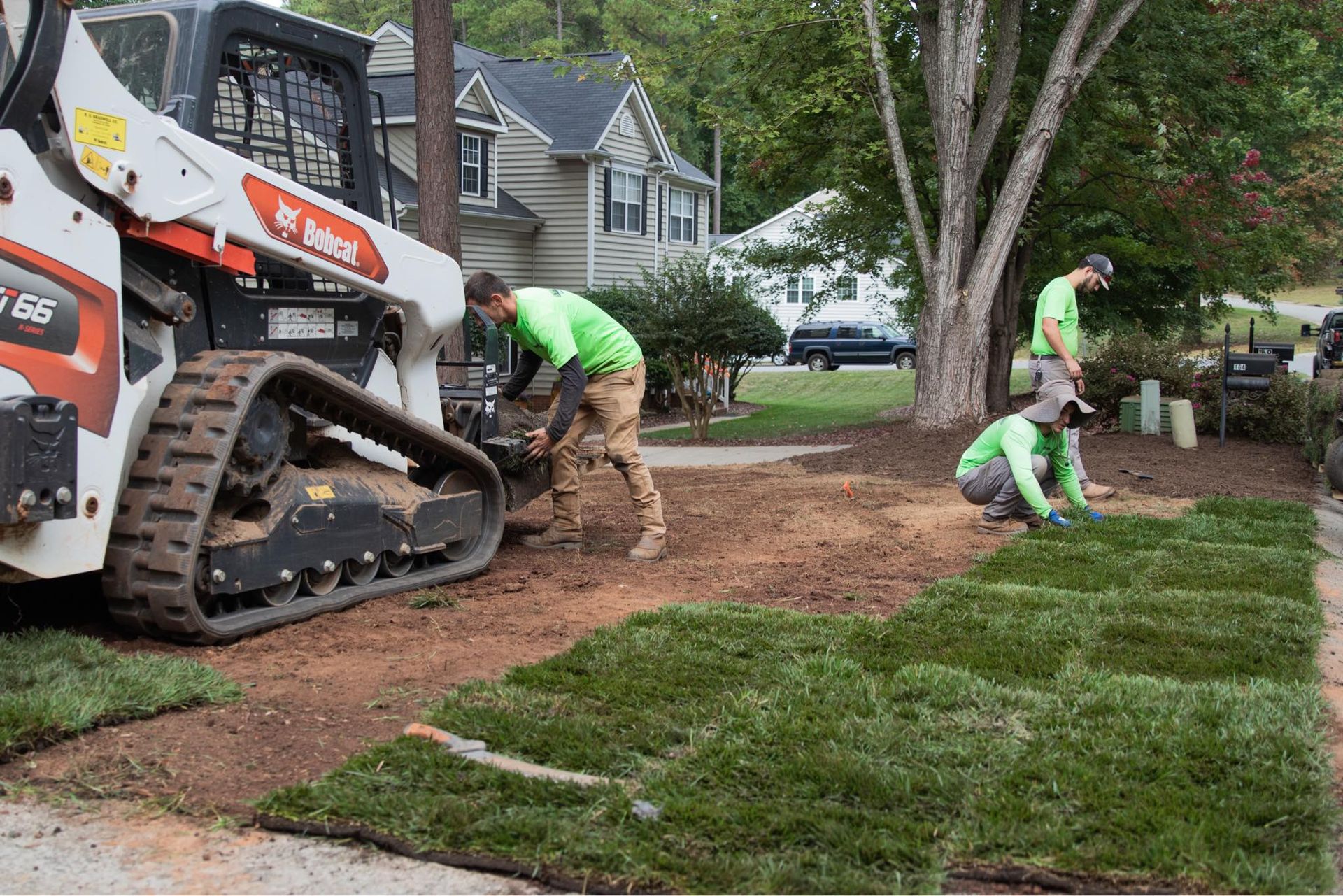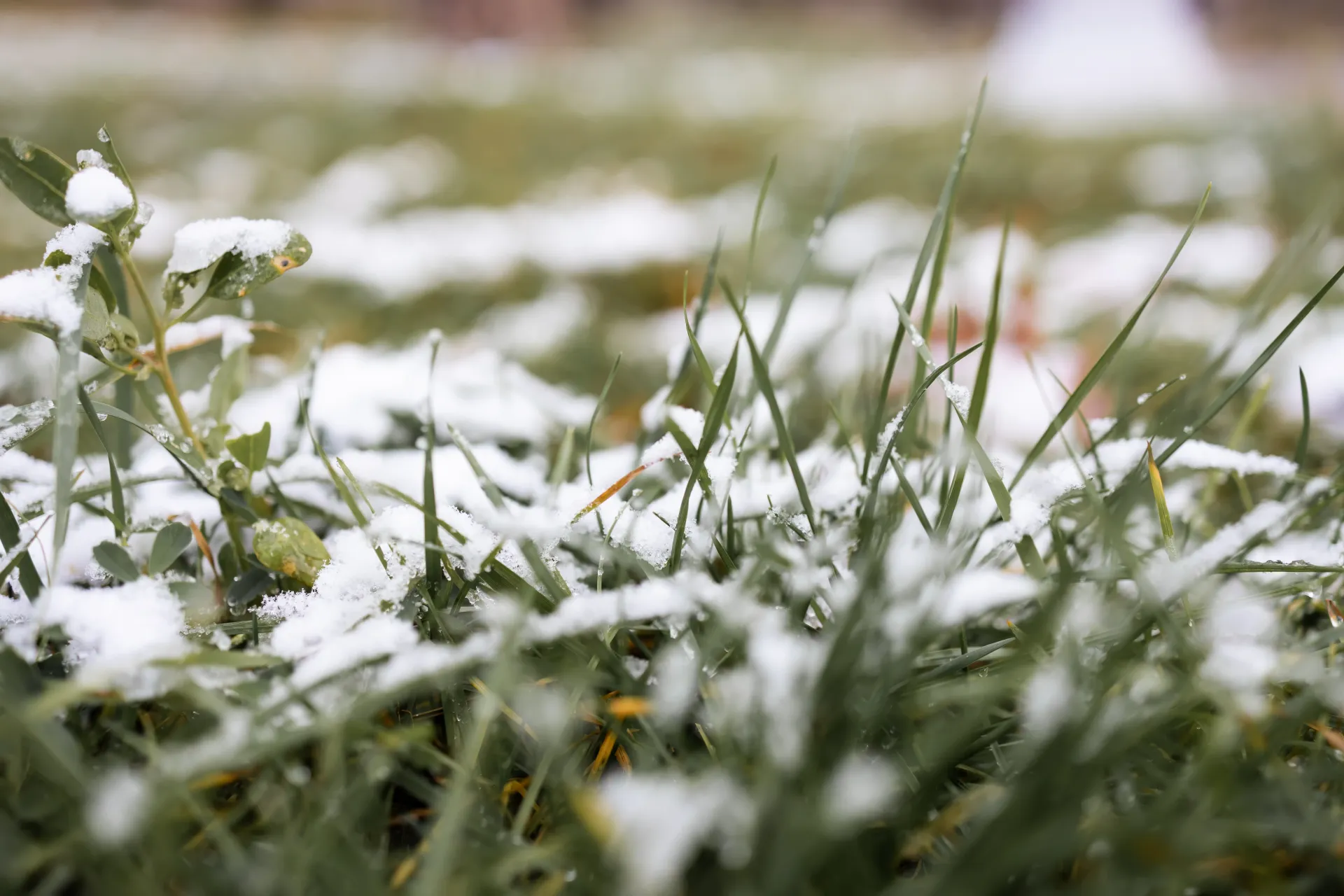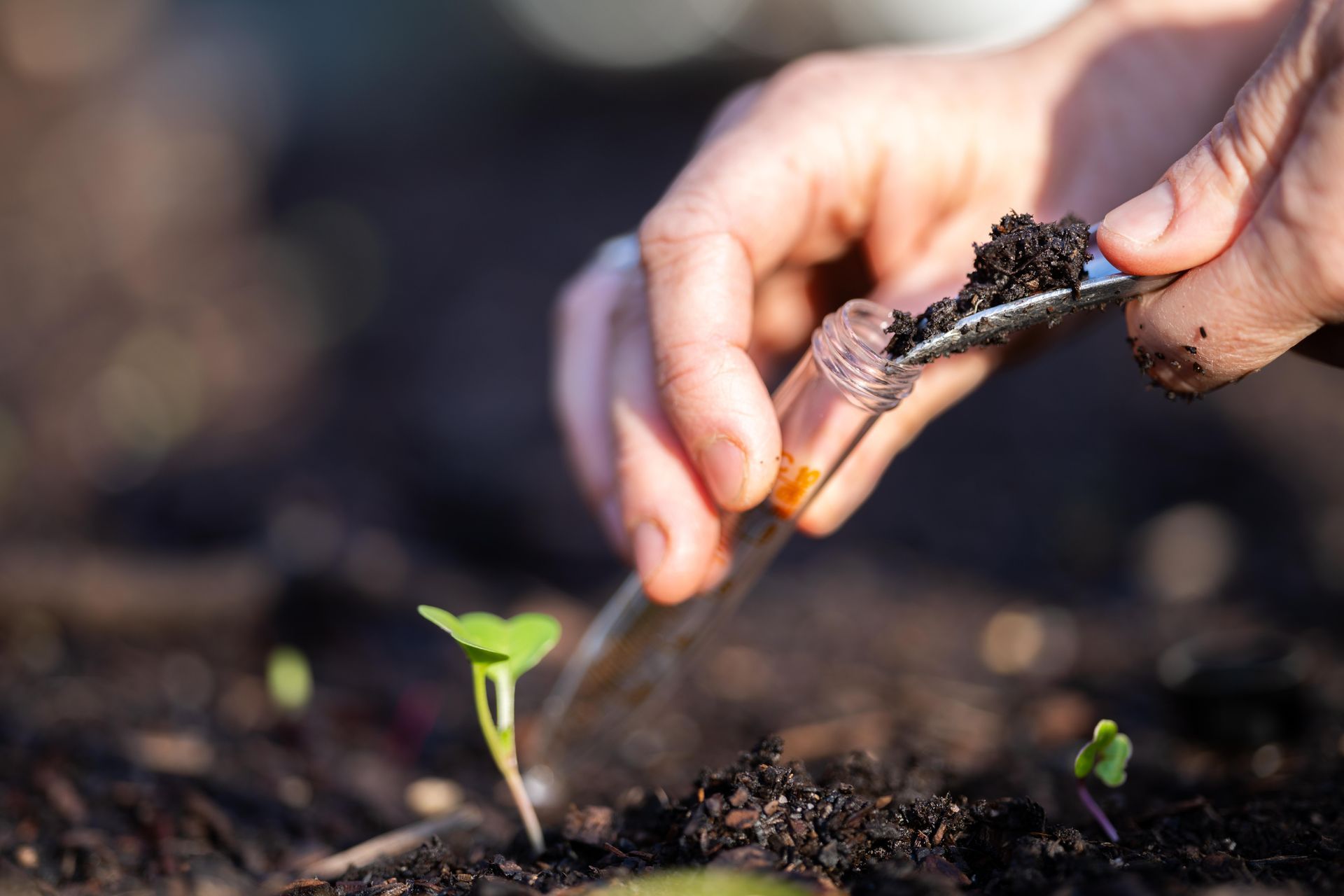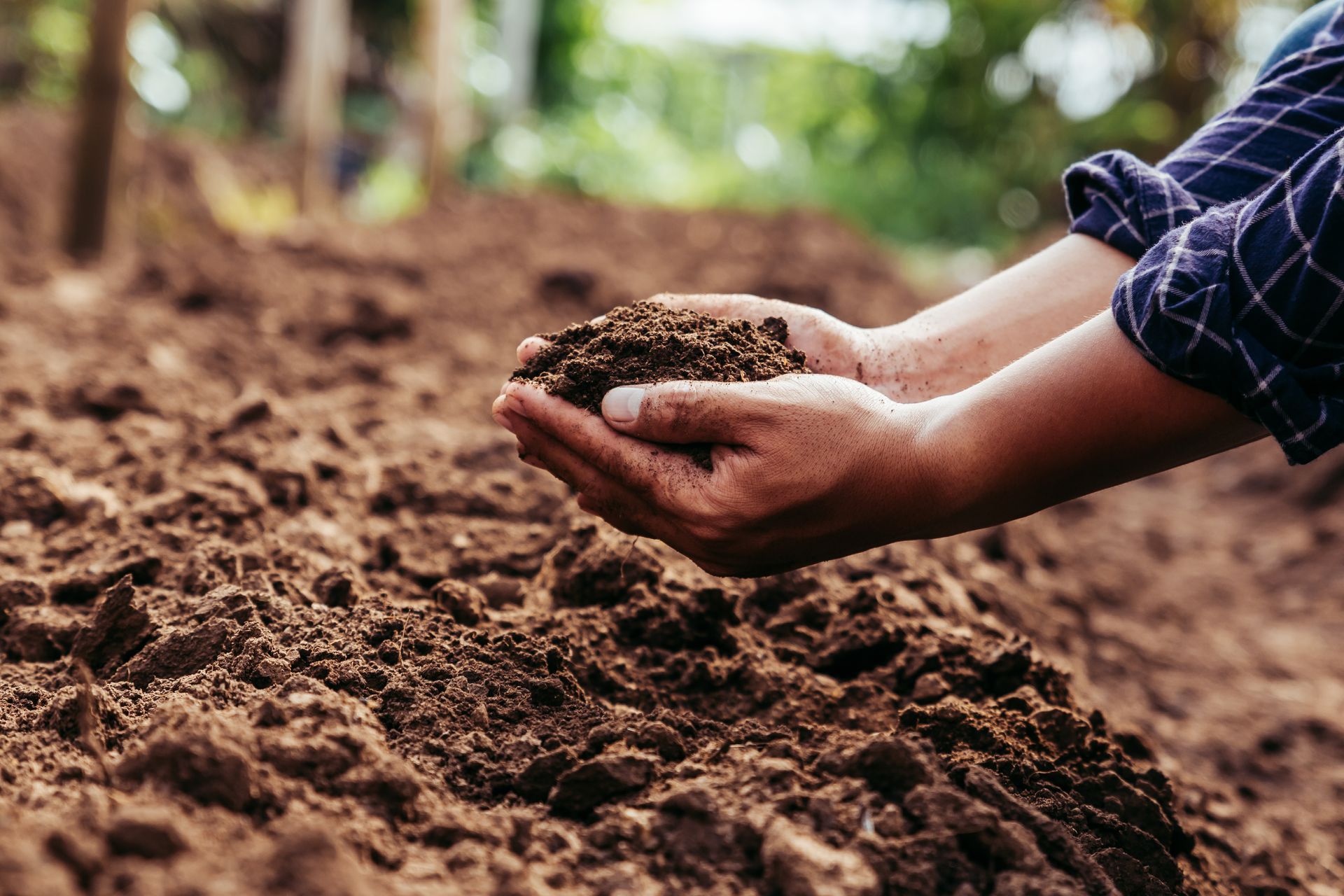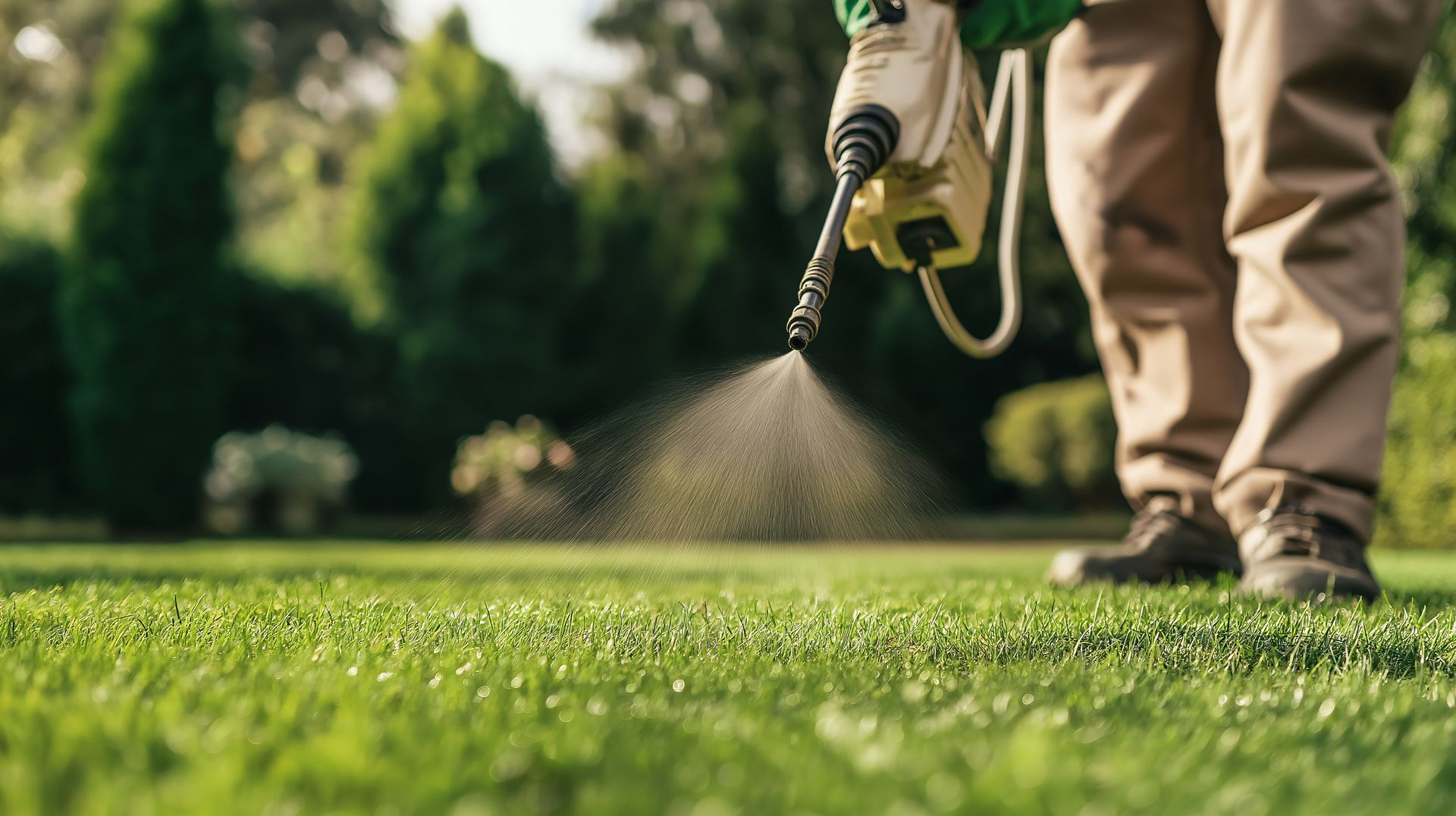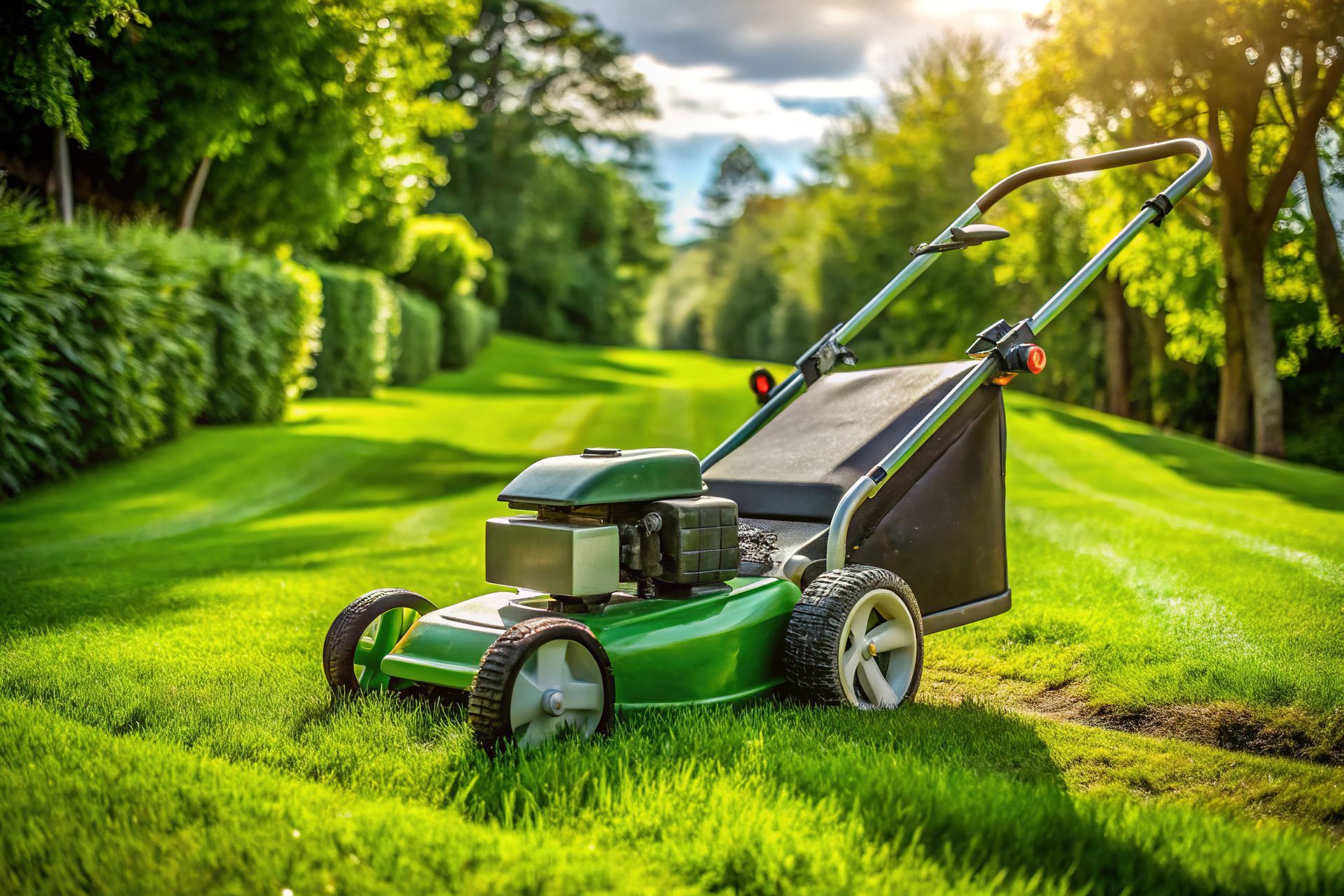Basic Lawn Care: Tips For Saving Water In Your Garden
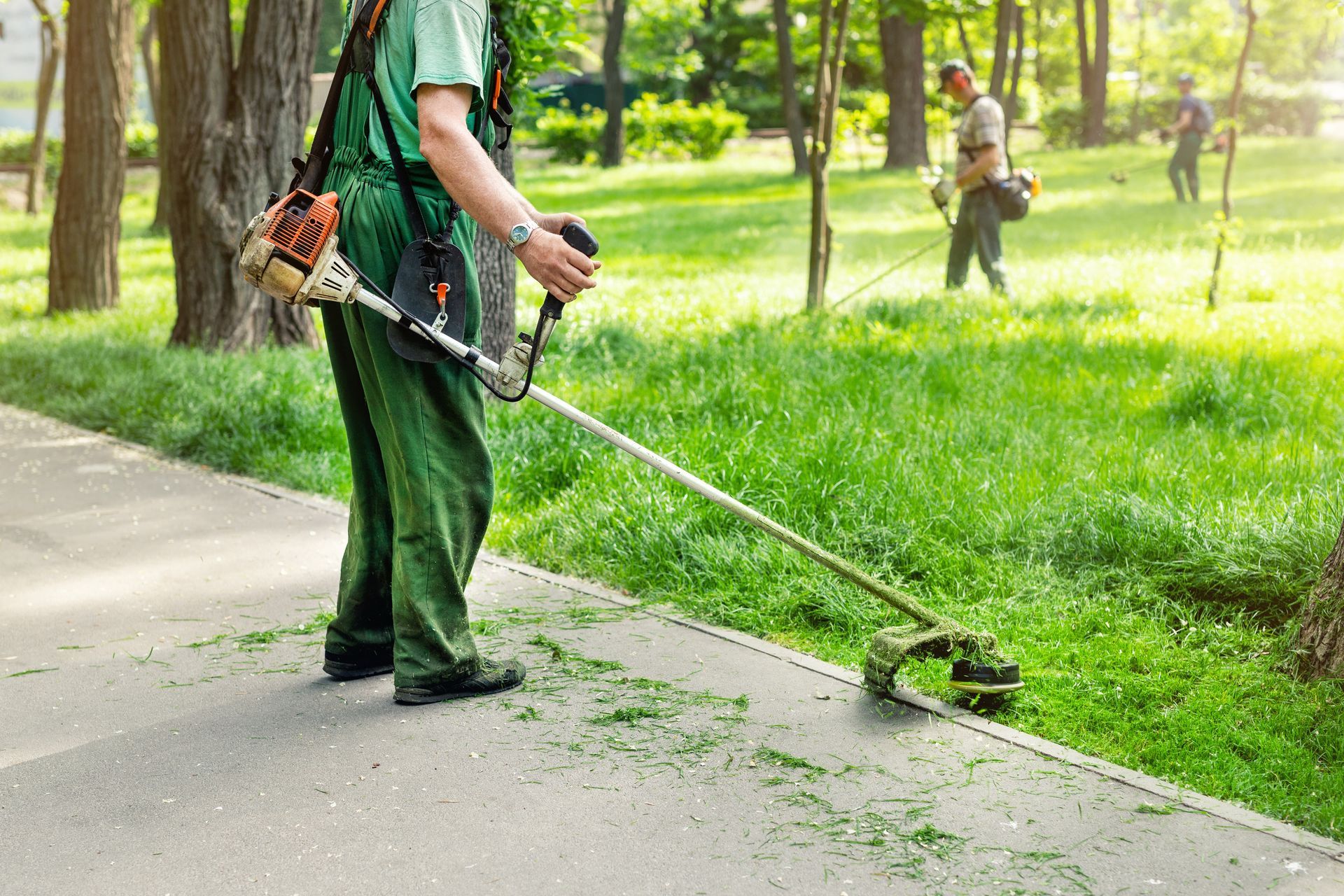
Maintaining a lush, green garden in Mooresville, NC, can be challenging, especially when conserving water becomes a priority. With fluctuating weather patterns and the need to reduce water consumption, homeowners are looking for ways to keep their lawns healthy while being environmentally responsible. The good news is that with a few strategic changes, you can achieve both goals—keeping your garden green while saving water. Below are some practical and eco-friendly tips to help you achieve efficient water use in your garden.
Choose The Right Grass Type
One of the most crucial decisions in lawn care Mooresville is selecting the right type of grass. In Mooresville, warm-season grasses such as Bermuda, Zoysia, and Centipede grass are great options for their drought tolerance. These grasses have deeper root systems and thrive in the hot and humid North Carolina climate, requiring less frequent watering than cool-season grasses.
- Bermuda Grass: Known for its durability and heat resistance, Bermuda grass can withstand periods of drought, making it an excellent option for water conservation.
- Zoysia Grass: Zoysia is another drought-resistant grass with low water requirements, and it remains lush even with minimal irrigation.
- Centipede Grass: This low-maintenance grass variety is perfect for Mooresville’s climate, requiring less water and fertilizer.
Use Mulch To Retain Soil Moisture
Applying mulch around plants, flower beds, and trees is one of the easiest ways to conserve water in your garden. Mulch helps retain soil moisture by reducing evaporation, keeping the roots cooler, and preventing weeds, which can compete with your plants for water.
- Use organic mulch, such as shredded bark, leaves, or compost, for an eco-friendly option. As it breaks down, it enriches the soil, improving its ability to retain water.
- Apply a 2-3 inch layer of mulch to provide the best moisture retention without suffocating the plant roots.
Water Deeply And Less Frequently
A common mistake in lawn care is watering too often and too shallowly. To save water and promote a healthier lawn, it’s essential to water deeply but less frequently. Deep watering encourages plants and grass to develop deeper root systems, making them more drought-resistant.
- Early Morning Watering: Water your lawn in the early morning (before 10 a.m.) when temperatures are cooler, and there is less evaporation. This allows the water to seep into the soil rather than evaporate in the heat of the day.
- Water Depth: Aim for a watering depth of 6-8 inches, which ensures the water reaches the roots. You can measure this by placing a small can or cup on the lawn and seeing how long it takes to collect about an inch of water.
- Frequency: Water your garden only once or twice a week, depending on rainfall, rather than every day. This schedule encourages plants to become more resilient to dry conditions.
Install A Drip Irrigation System
For gardens with flower beds, shrubs, or vegetables, a drip irrigation system can be a game-changer. Unlike traditional sprinklers that can lead to water runoff and evaporation, drip systems deliver water directly to the base of the plants, reducing waste. This targeted approach ensures that only the plants that need water receive it.
- Soil Saturation: Drip irrigation systems provide slow and steady water application, allowing the soil to absorb the water more efficiently.
- Customizability: These systems can be tailored to meet the specific watering needs of different plants, ensuring no excess water is used.
Aerate Your Lawn
Aerating your lawn can significantly improve its water retention capabilities. Over time, soil can become compacted, especially in areas with heavy foot traffic, which makes it difficult for water, air, and nutrients to penetrate the soil. By aerating the lawn, you can break up compacted soil, allowing water to reach the root zone more effectively.
- When to Aerate: For lawns in Mooresville, aeration is typically done during the growing season for warm-season grasses—late spring through early summer.
- How to Aerate: Use a core aerator to remove small plugs of soil from the lawn, which helps reduce compaction and promotes water absorption.
Group Plants With Similar Water Needs
Grouping plants with similar water needs together can significantly reduce water usage. This concept, known as hydrozoning, allows you to water plants more efficiently since you can adjust the irrigation system based on the specific water requirements of each zone.
- High-Water Plants: Plants that need more frequent watering, such as vegetables or newly planted trees, should be grouped together in one area.
- Low-Water Plants: Drought-resistant plants and native species that require less water can be grouped separately, ensuring they are not overwatered.
Consider Drought-Resistant And Native Plants
Incorporating drought-resistant and native plants into your garden design is one of the best ways to reduce water usage while maintaining a beautiful landscape. Native plants are adapted to Mooresville’s climate, meaning they require less water, fertilizer, and care compared to non-native species.
- Drought-Resistant Perennials: Consider adding plants like coneflowers, black-eyed Susans, or lavender to your garden. These plants are not only beautiful but also thrive in dry conditions.
- Native Shrubs and Trees: Native shrubs like Virginia Sweetspire or trees like Eastern Redbud are well-suited to North Carolina’s climate and require minimal water once established.
Install A Rain Barrel
Rain barrels are an excellent way to collect and store rainwater for use in your garden. By capturing runoff from your roof, you can reduce your dependence on the municipal water supply and lower your water bill.
- Placement: Position the rain barrel under a downspout to collect water during rainstorms. Use this water for your lawn, flower beds, or even indoor plants.
- Benefits: Rainwater is naturally soft and free from chemicals like chlorine, making it better for your plants and soil.
Use A Smart Irrigation System
Smart irrigation systems are designed to optimize water use by adjusting watering schedules based on weather conditions, soil moisture levels, and plant needs. These systems are connected to weather stations and can detect when rain is expected or when the soil has adequate moisture, thereby avoiding unnecessary watering. By utilizing a smart irrigation system, you can cut down water waste and maintain a healthier garden with minimal effort.
- Weather-Based Adjustments: These systems automatically adjust based on rainfall, temperature, and humidity levels, ensuring that your lawn only gets water when it truly needs it.
- Soil Sensors: Some smart irrigation systems include soil moisture sensors, which detect when the soil reaches the ideal moisture level and stop watering to avoid over-saturation.
- Water Savings: Studies show that smart irrigation systems can reduce water usage by up to 30%, making them a smart investment for Mooresville homeowners looking to conserve water.
Mow Your Lawn At The Right Height
Believe it or not, the height at which you mow your lawn can affect how much water it needs. Grass that is cut too short requires more frequent watering because shorter blades lose water more quickly through evaporation. By mowing at the right height, you can help your grass retain moisture and reduce the need for supplemental watering.
- Mow High: Set your mower blades to cut the grass no shorter than 3 inches. Taller grass shades the soil, which reduces water loss due to evaporation and helps maintain soil moisture.
- Leave Grass Clippings: Instead of bagging your grass clippings, leave them on the lawn as a natural mulch. The clippings decompose quickly and return moisture and nutrients to the soil.
Check For Leaks In Your Irrigation System
A small leak in your irrigation system can result in significant water waste over time. Regularly inspect your sprinklers, hoses, and drip systems for any signs of leaks or damage.
- Sprinkler Leaks: Check for puddles, unusually green or soggy spots, or water spraying unevenly from the sprinklers. These could be signs of a broken sprinkler head or a leak.
- Hose and Drip System Checks: Ensure all connections are secure, and there are no pinholes or cracks in the hose or drip lines. Replacing worn or damaged parts can help prevent water waste.
Consider Xeriscaping
Xeriscaping is a landscaping method designed specifically for water conservation. This approach uses drought-tolerant plants, efficient irrigation systems, and strategic garden designs to minimize water use while creating a visually appealing landscape.
- Low-Water Landscaping: With xeriscaping, you can reduce or eliminate the need for a traditional lawn by replacing it with native grasses, gravel, and drought-resistant plants.
- Water Efficiency: This method of landscaping is ideal for Mooresville residents who want a beautiful yard without the hassle of constant watering and upkeep.
Fertilize Responsibly
Fertilization plays an essential role in lawn care, but over-fertilizing can lead to increased water needs. When grass grows too quickly, it requires more water to maintain its health. By applying fertilizer responsibly and in moderation, you can avoid excessive growth that demands extra irrigation.
- Slow-Release Fertilizers: Opt for slow-release fertilizers that provide nutrients to your lawn over time, reducing the need for frequent watering.
- Fertilize in the Right Season: For lawns in Mooresville, it’s best to fertilize in late spring or early summer when warm-season grasses are actively growing.
Conclusion
Water conservation doesn’t mean sacrificing the beauty of your lawn and garden. By making mindful choices—such as selecting drought-tolerant plants, adjusting your watering habits, and incorporating efficient irrigation systems—you can save water while keeping your garden lush and healthy. At LTP Property Maintenance we specialize in providing customized lawn care solutions for Mooresville residents, helping you create a water-efficient landscape that thrives in North Carolina’s climate.
Whether you need help installing a drip irrigation system, selecting the right grass for your lawn, or aerating your yard for better water retention, our team of experts is here to assist you. Contact us today to learn more about how we can help you achieve a beautiful lawn while conserving water for the future.
Ready to work with Apco Services?
Let's connect! We’re here to help.
Send us a message and we’ll be in touch.
Or give us a call today at (404) 780-8973
